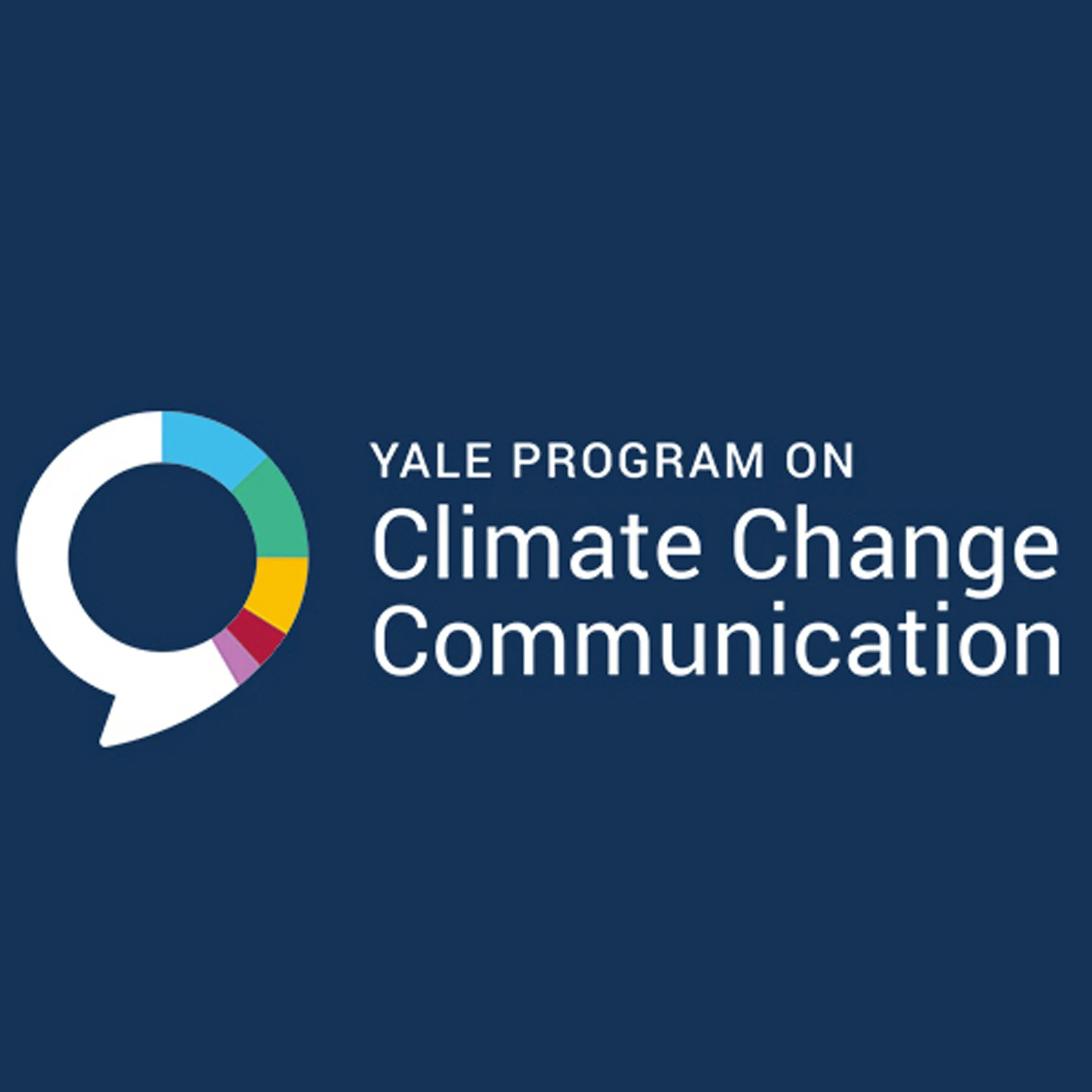Our window to adapt to a warming world is narrowing quickly. What it will take to avert the climate crises?
Mark Howden is Director of the Climate Change Institute at The Australian National University and a Vice Chair of the Intergovernmental Panel on Climate Change (IPCC) and a member of the Australian National Climate Science Advisory Committee. He has been a major contributor to the IPCC since 1991, with roles in the Second, Third, Fourth, Fifth and now Sixth Assessment Reports, sharing the 2007 Nobel Peace Prize with other IPCC participants and Al Gore. He was on the US Federal Advisory Committee for the 3rd National Climate Assessment and contributes to several major national and international science and policy advisory bodies. Mark has worked on climate variability, climate change, innovation and adoption issues for over 30 years in partnership with many industry, community and policy groups via both research and science-policy roles. Issues he has addressed include agriculture and food security, the natural resource base, ecosystems and biodiversity, energy, water and urban systems.
THE CREATIVE PROCESS · ONE PLANET PODCAST
In terms of staying below 1.5 degrees of change, we're far off track with that. I know you feel it more so in Australia, where I believe you're actually closer to that 1.5 degrees of change because 1.5 degrees is a global average.
MARK HOWDEN
In terms of government policies, industry action, and individual action to reduce emissions that would actually keep us within 1.5 degrees, it's not impossible, but it's becoming increasingly difficult day by day and year by year. We haven't got a lot of time.
THE CREATIVE PROCESS · ONE PLANET PODCAST
Thinking about the future of humanity, renewable energy technologies are advancing rapidly. What role do you think that the new technologies and even AI could play in helping accelerate change?
HOWDEN
One of the things we have to do is we have to increase the rate of learning. We are entering into increasingly uncharted territory and not just in terms of climate change, but in many other areas of activity, AI being one of those, of course. And I think what we need to do is we need to find ways to learn more quickly, as a society, as communities, as villagers, as professional groups. And there are advantages of using some of those technologies in terms of accelerating that learning.
We need to be discerning about the technologies we use, and we need to think about the relationships between those technology and social outcomes, environmental outcomes, how to redesign our systems, and how to redesign our governance. So I think there's going to be a need for a lot more thought and creativity in the future.
THE CREATIVE PROCESS · ONE PLANET PODCAST
Just understanding that we're all part of this connected planet helps us understand the plight of people on the other side of the world. We're seeing right now in Hawaii terrible fires. Of course, you had Black Summer in Australia. It seems like the fire seasons have become fire years in some places. On the other hand, we are seeing heartening things like landmark legislation in Montana ruling in favor of young climate activists.
HOWDEN
We live in a diverse world, and we're in a funny time where we sometimes see the best of humanity and the worst of humanity. And I think what we need to do is be very strong in wanting to lift the game of each other and ourselves. And so I think that's one of the sort of key things. Particularly, young people should be more demanding that we behave better towards each other and care more about each other and the world that we live in. In terms of these heatwaves, droughts, and fires that the world is seeing, which we thought were going to hit us in 2050 or 2070, are hitting us now in 2023. So, those risks are coming much faster and harder than we thought they were going to come. And so, in many cases, we're unprepared for the severity of these changes.
Photo credit: Lannon Harley/ANU
This interview was conducted by Mia Funk with the participation of collaborating universities and students. Associate Interviews Producer on this episode was Katie Foster. One Planet Podcast is produced by Mia Funk. Additional Production Support by Sophie Garnier.
Mia Funk is an artist, interviewer and founder of The Creative Process & One Planet Podcast (Conversations about Climate Change & Environmental Solutions).















































































